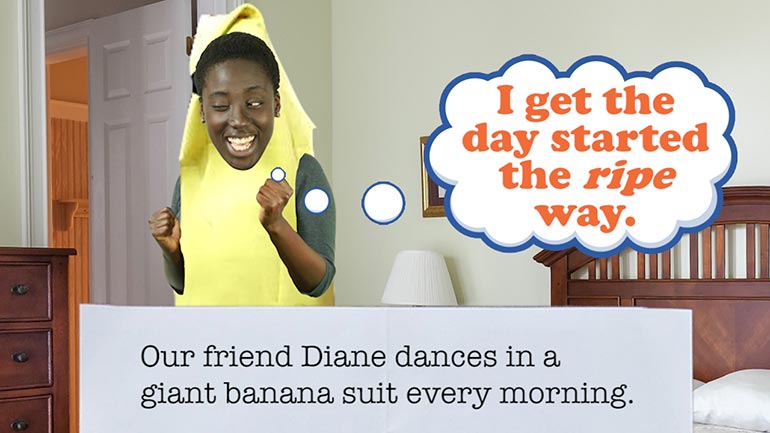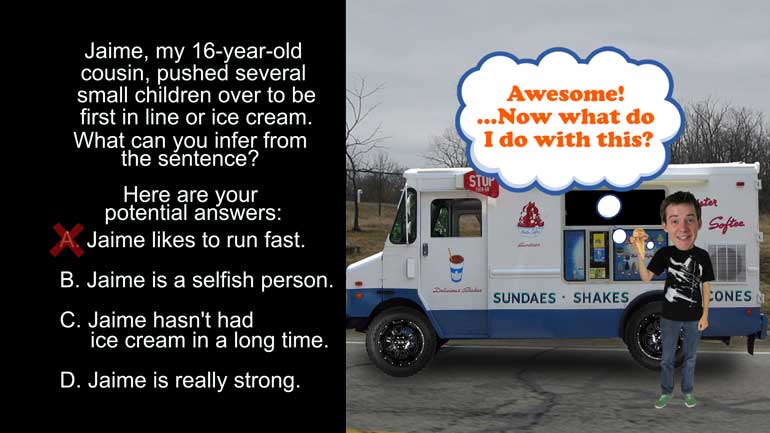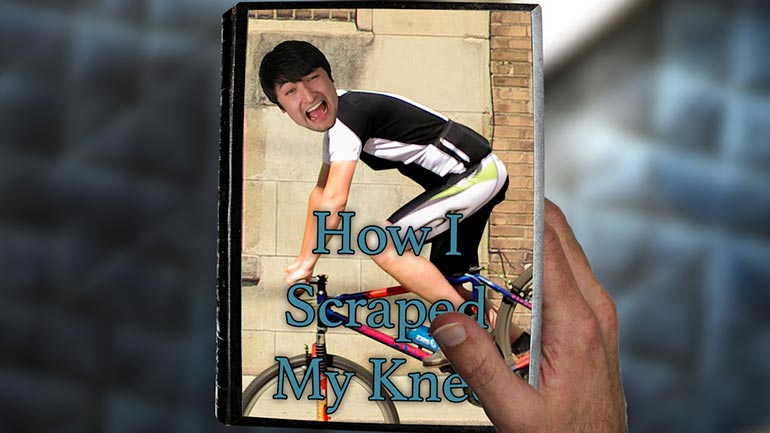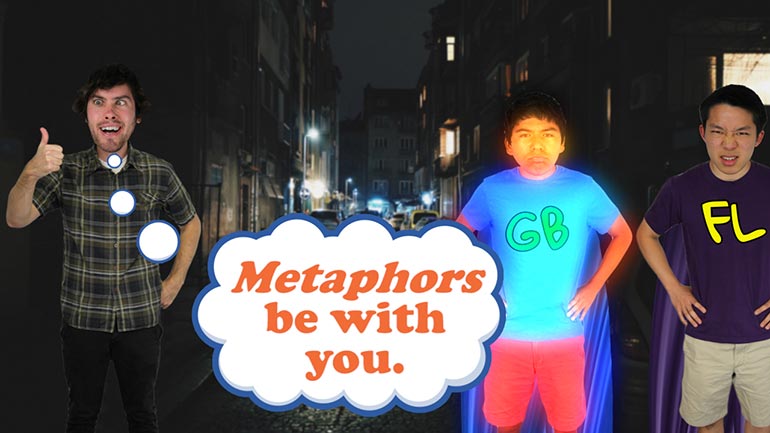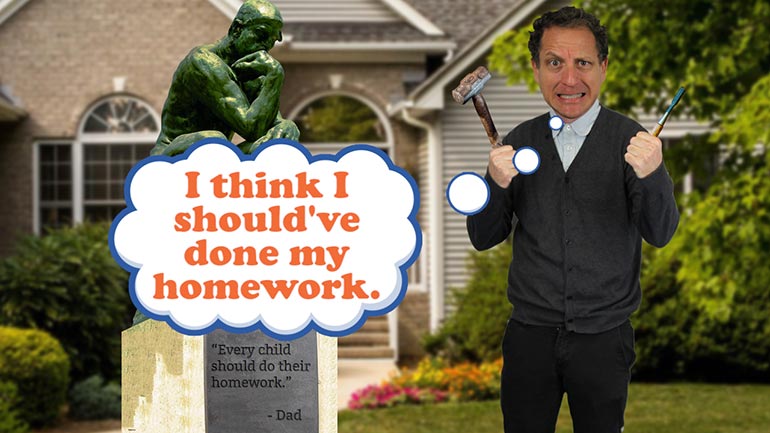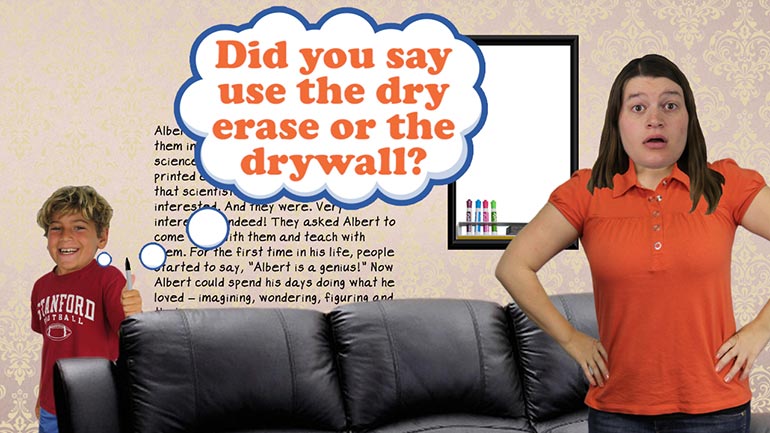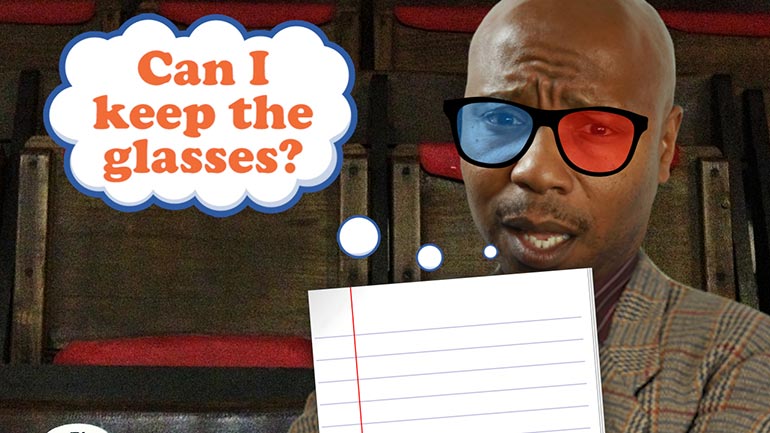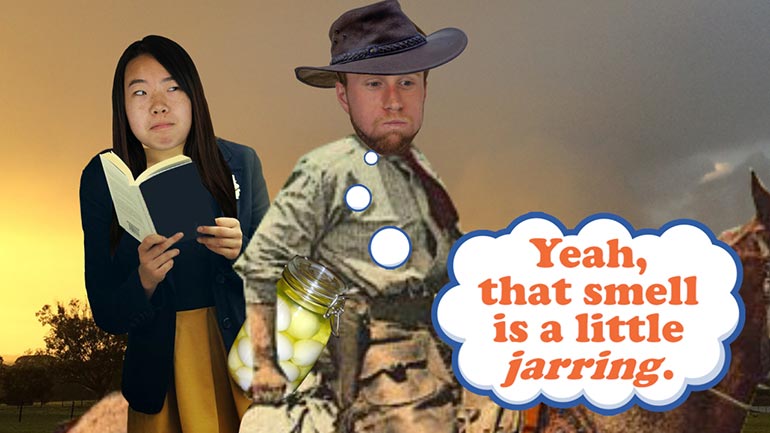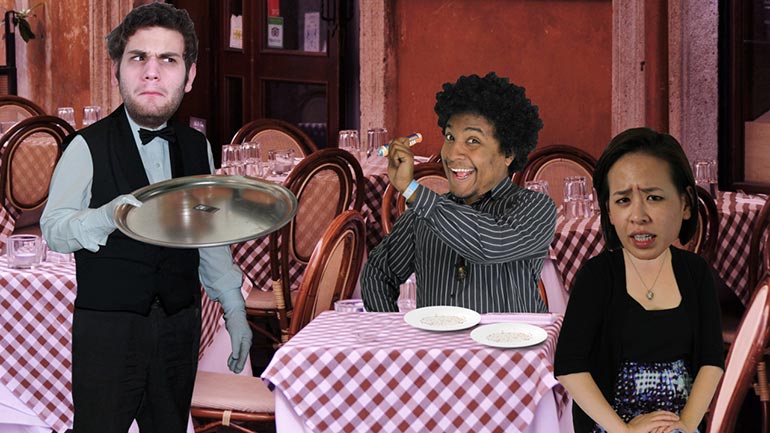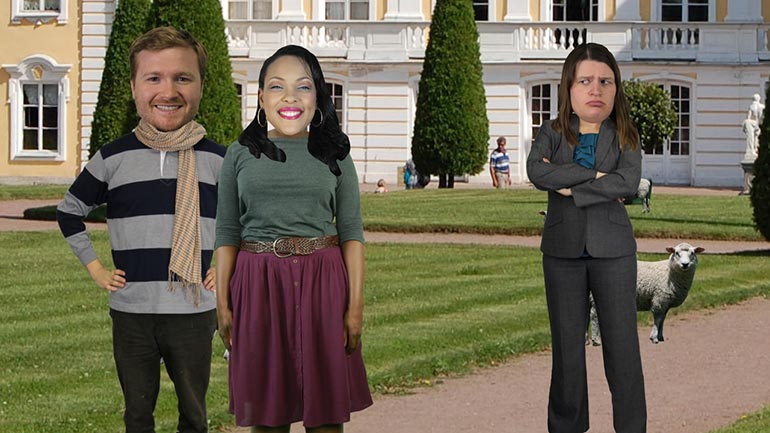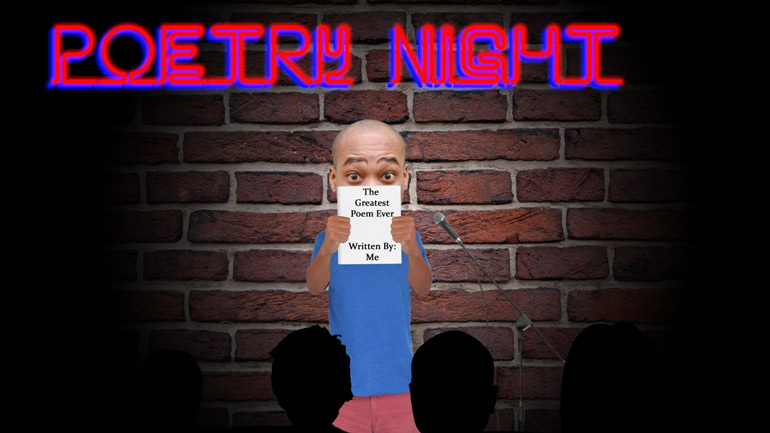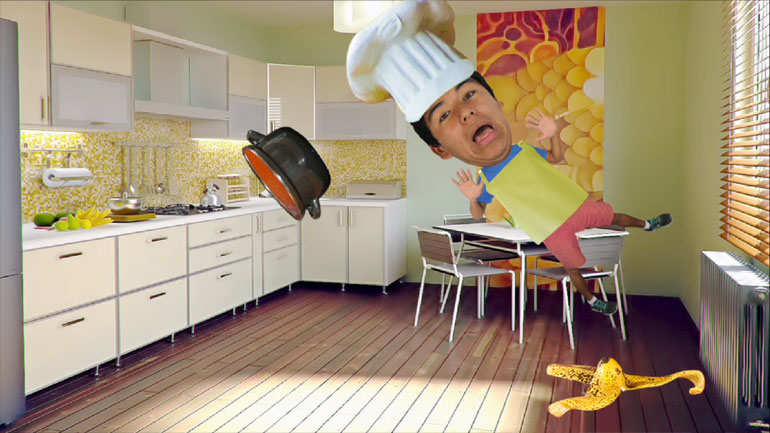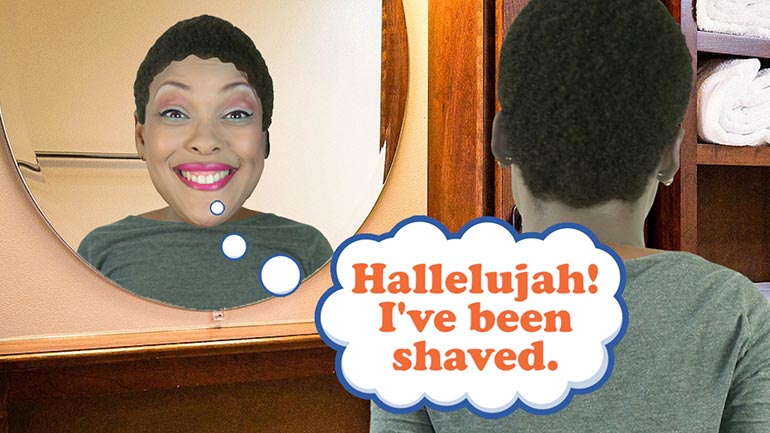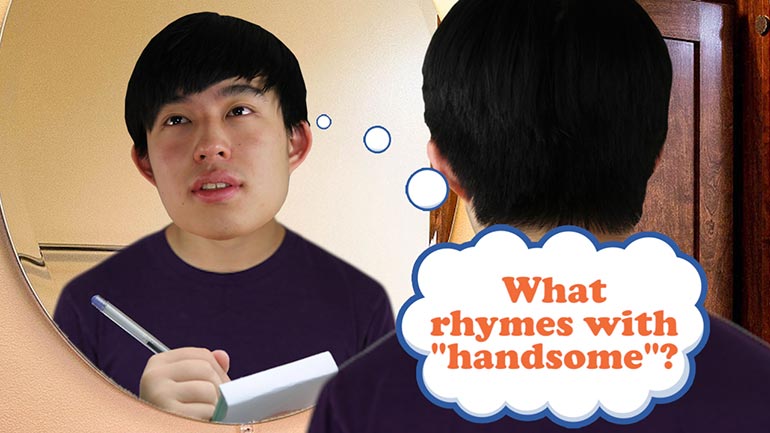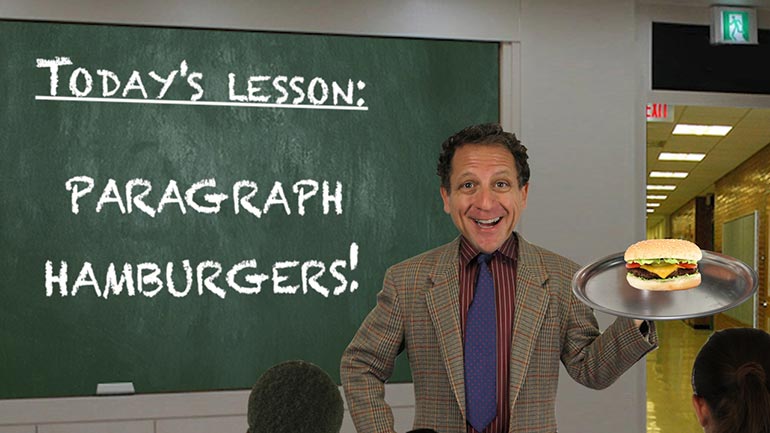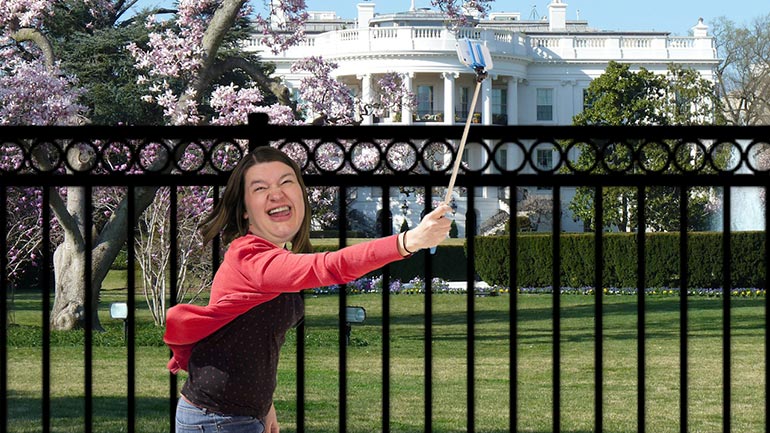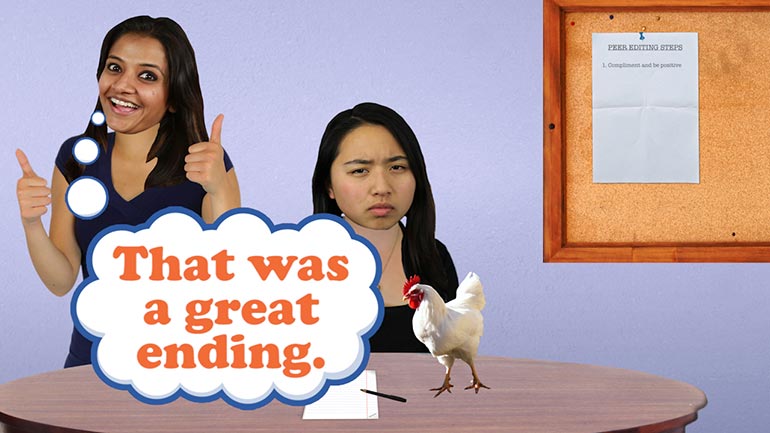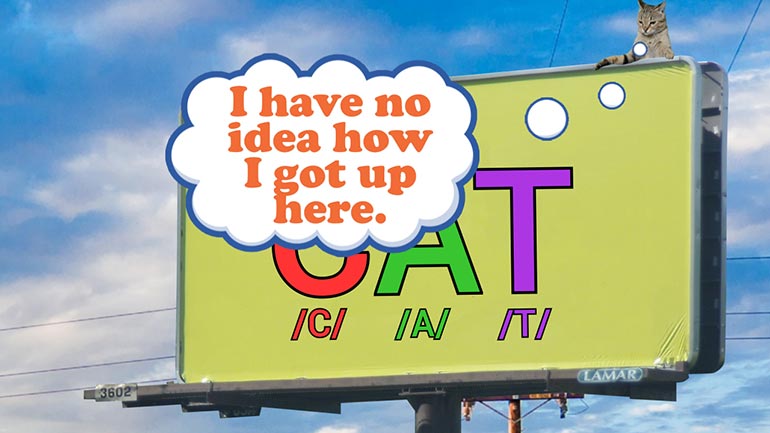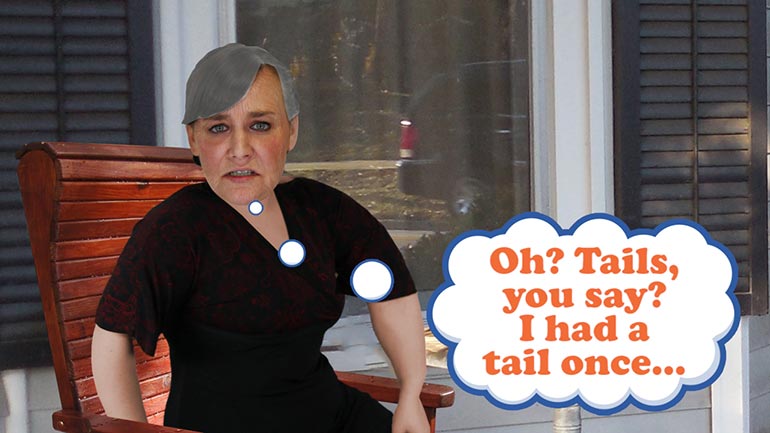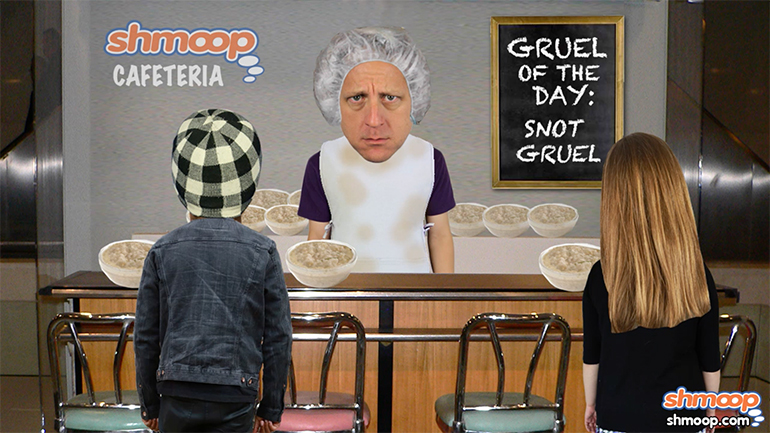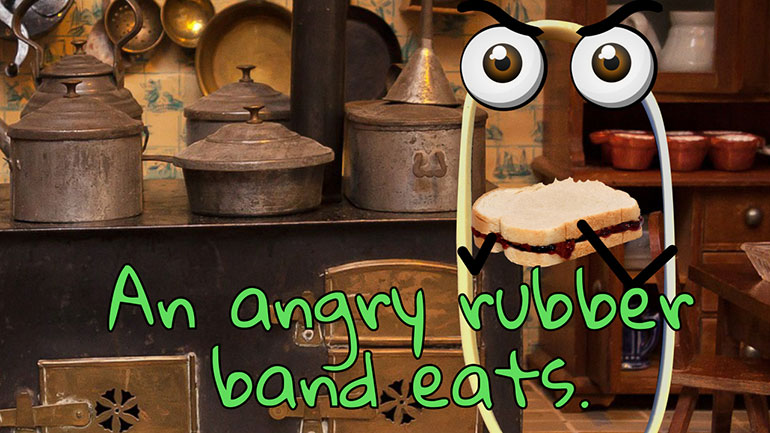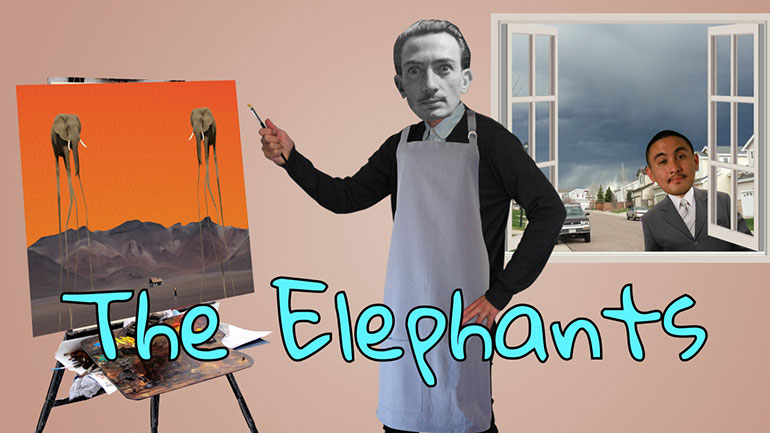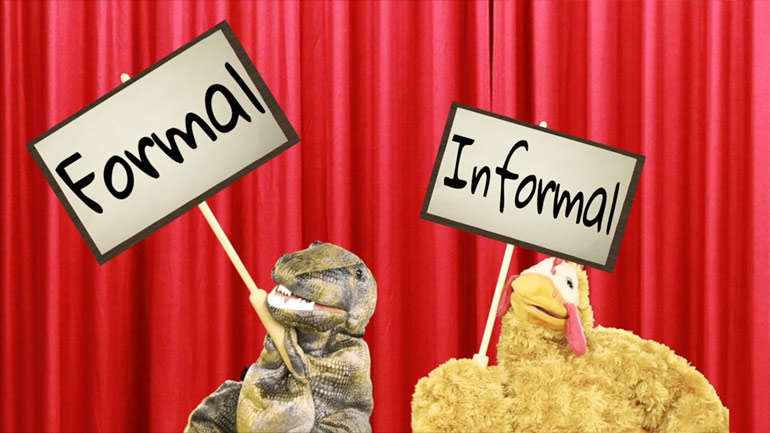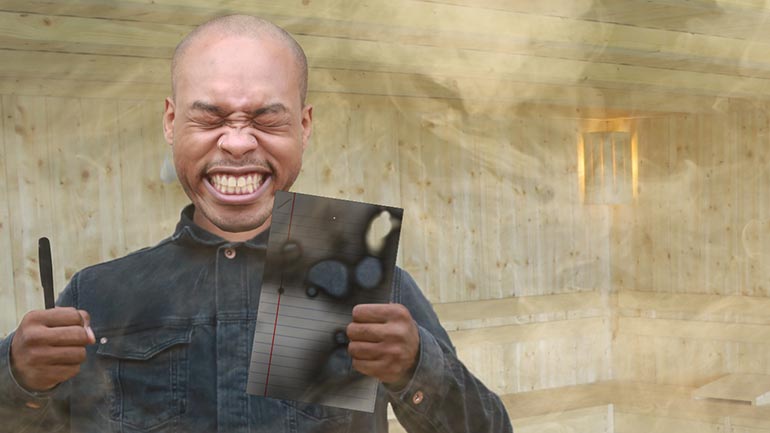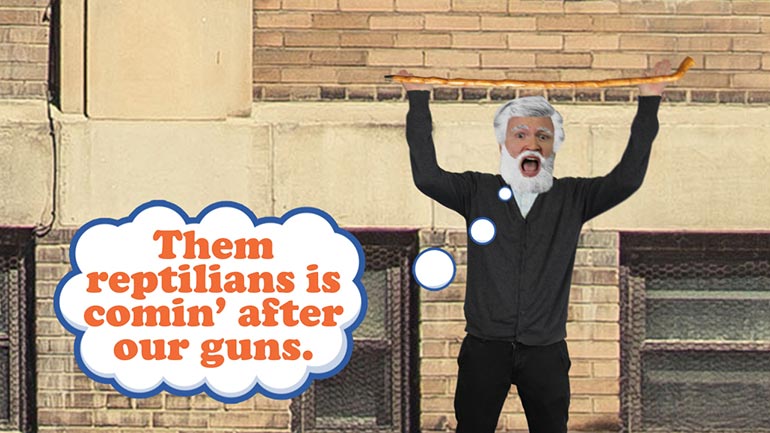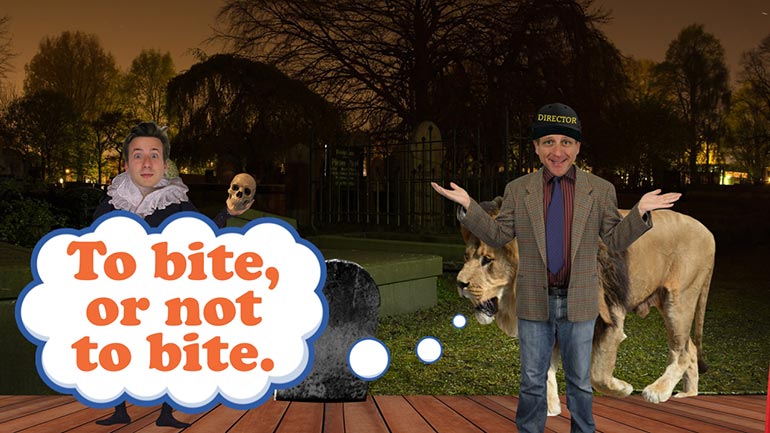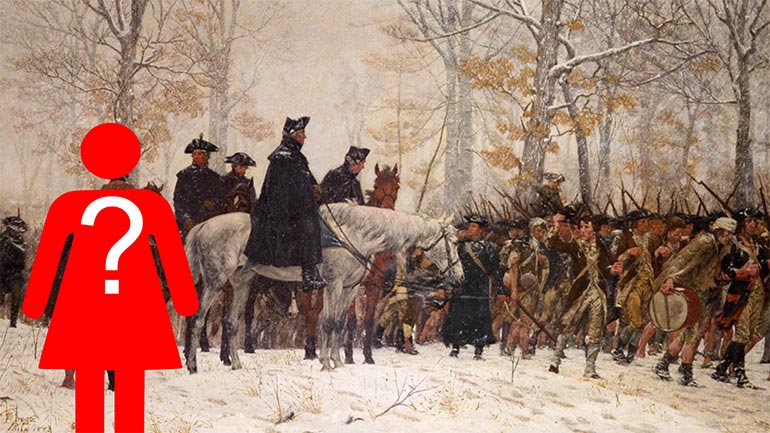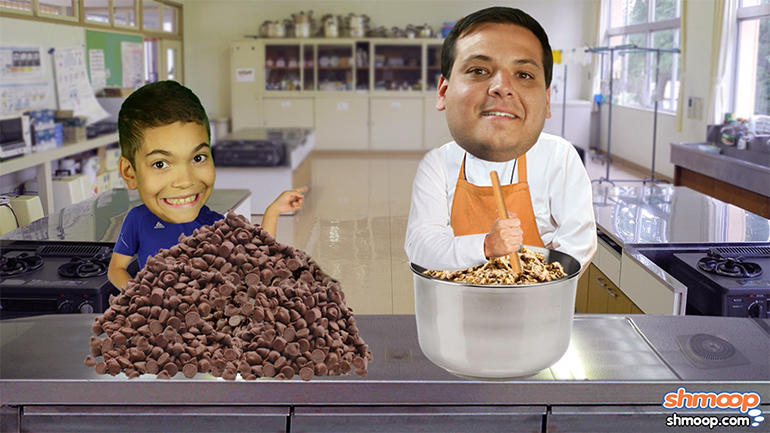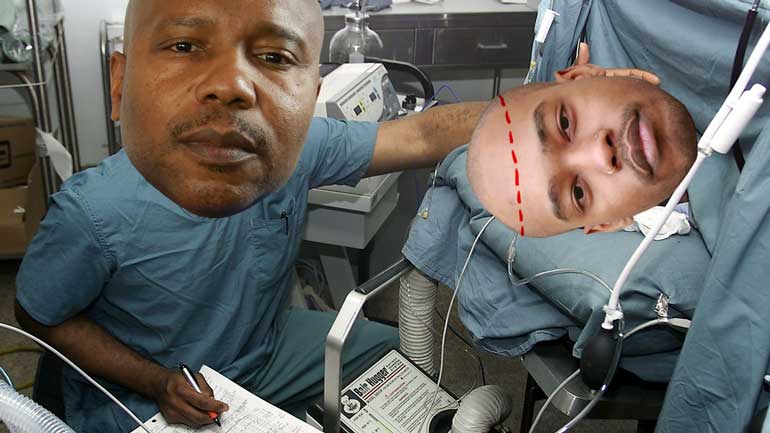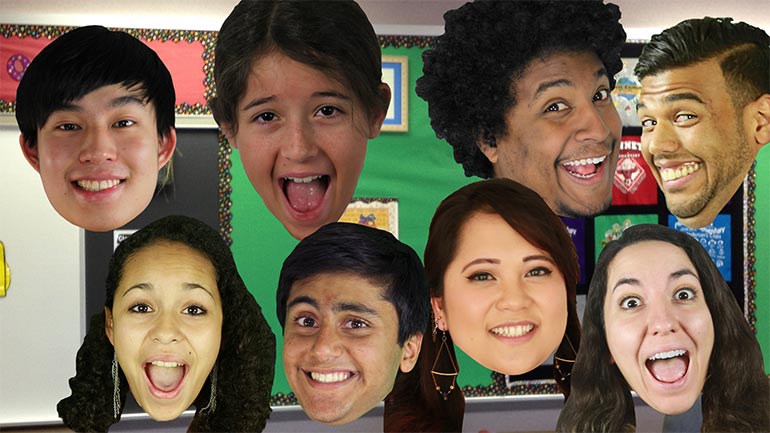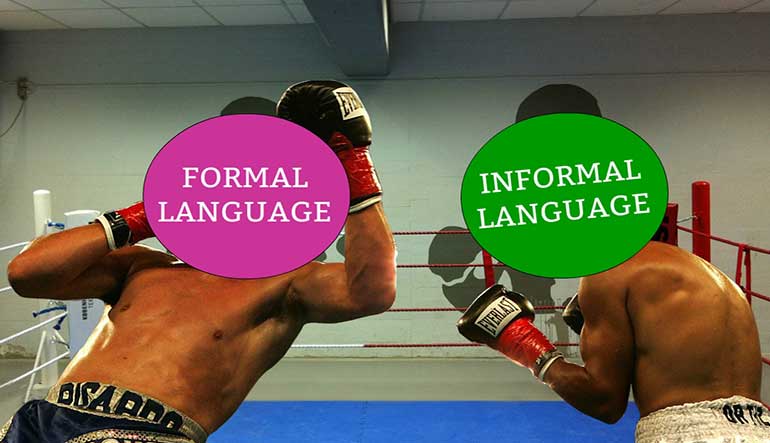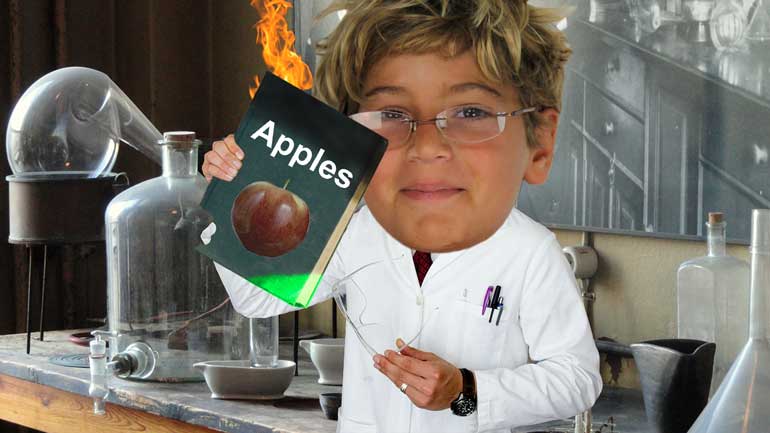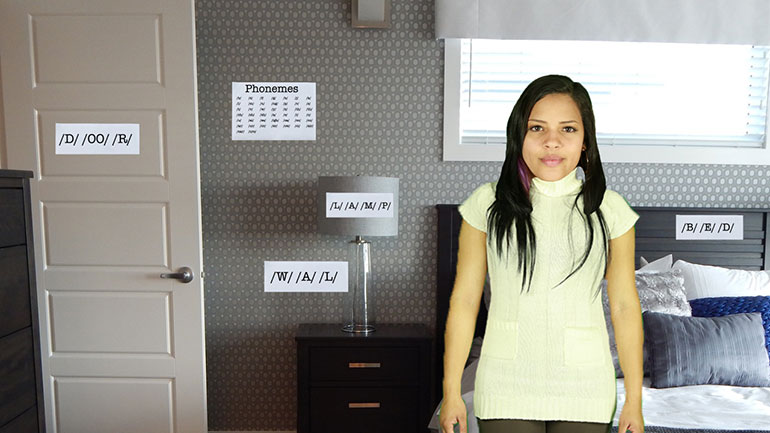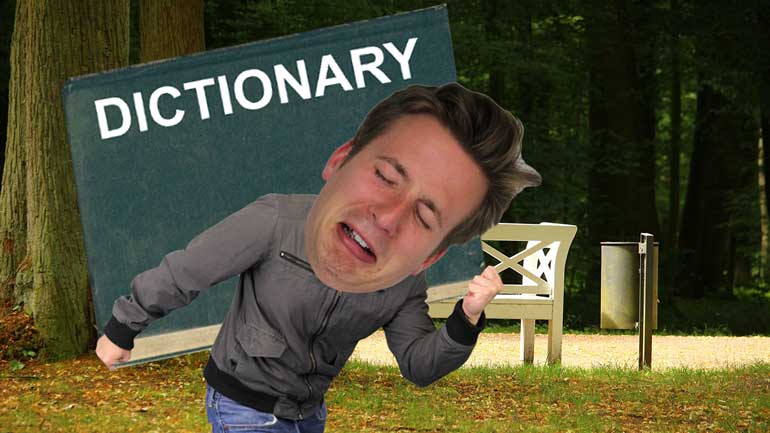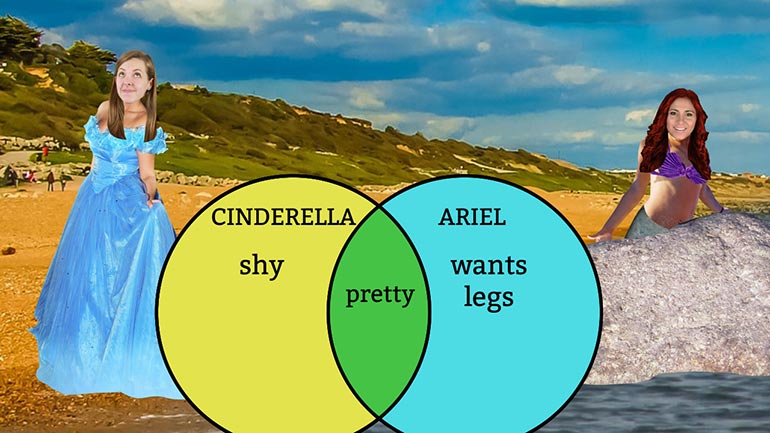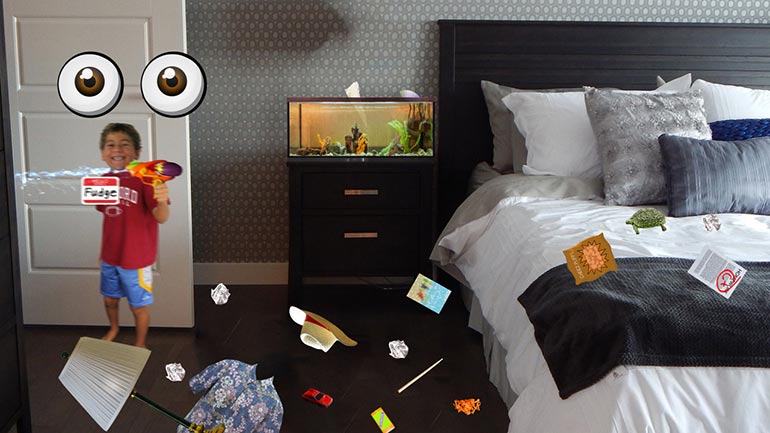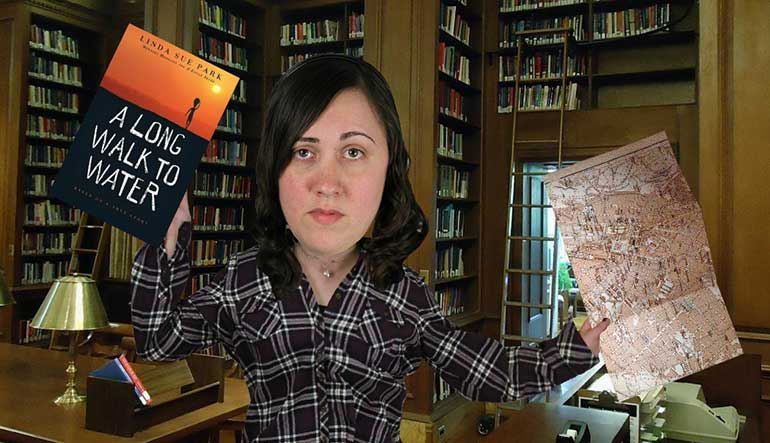ShmoopTube
Where Monty Python meets your 10th grade teacher.
Search Thousands of Shmoop Videos
Language Arts Videos 92 videos
In this lesson we'll subject you to some verbs and predicates. Each one is a necessary part of a complete breakfas—er...sentence.
Choosing words carefully is important. You may end up vexing the assemblage of citizens you're conversing with...or you might even just plain bore...
ELA 4: Formal vs. Informal English 1022 Views
Share It!
Description:
We do say, dear chaps, today's lesson is concerned with formal and informal English. So, uh...yeah check out the video to learn stuff.
Transcript
- 00:04
[Coop and Dino singing]
- 00:13
Believe it or not, you’re constantly making decisions about the language you use. [Man thinking about language]
- 00:18
Whether you're with friends, family, an employer, or even babies, the way you speak changes
- 00:24
depending on your surroundings.
- 00:26
And it should, right? [Girl using laptop to speak to her Grandma]
Full Transcript
- 00:27
Because your grandma has no idea what it means when you comment on her picture, "YAAAS queen!!!
- 00:31
10/10 #slay".
- 00:34
But she'll probably like it anyway.
- 00:36
Anyway, the decisions you make about language often come down to two choices: [Dino and Coop holding informal and formal signs]
- 00:40
formal or informal.
- 00:42
In short, informal English is the sort of language you and your friends might use during [Boy and girl playing catch in a park]
- 00:46
recess…
- 00:47
While formal English is the sort of English you might use during recess…with your pal,
- 00:51
the Queen of England…
- 00:53
But what do these two types of English really describe?
- 00:55
Well, let's begin with formal. [Dino discussing formal English]
- 00:57
Formal English is exactly what it sounds like – formal.
- 01:00
No jokes, no slang, no weird punctuation or short-hand, no hashtags….
- 01:04
nothing like that.
- 01:06
Formal English is all about complete sentences with correct structure and tone.
- 01:10
So let’s say you were at your grandma’s house for dinner. [Boy having dinner with Grandma]
- 01:13
You probably wouldn’t say to her, “Yo granny, dope casserole, y'heard?”
- 01:17
Since she’s your sweet grandma and you respect her, you might want to say something like,
- 01:21
“Grandma, I enjoyed that exquisite bean casserole, you'll have to give me your recipe.”
- 01:26
Now that's formal English.
- 01:28
And so polite!
- 01:30
Informal English, on the other hand, is more conversational. [Coop talking about informal language]
- 01:33
It's less neat and tidy.
- 01:34
It can be fun, casual, and even a little bit, well, grammatically incorrect.
- 01:38
It's for when you're just speaking to friends and family with no concern about sounding
- 01:41
super-duper serious.
- 01:43
If you're kicking back with your best buddies and you want to suggest you all order a pizza, [Guy friends playing video games]
- 01:47
you might sound a little weird if you say “Dearest sirs, wouldst thou be interested
- 01:50
in procuring a deliverable pizza-pie?”
- 01:53
Sometimes, being ultra-formal can be, well, ultra-weird. [Two friends move away from friend wearing a monocle and tophat]
- 01:57
In a setting like this, you're probably going to go with something a whole lot more informal,
- 02:01
like, “Any of you dudes wanna go in on some 'za?”[Man asking friends for pizza]
- 02:05
Okay, so you sound a little bit like a '70s surfer, but at least you’re keeping it casual.
- 02:10
So when you're, say, giving a speech to tell people something important, what kind of English [Girl thinking about what type of english to use in a speech]
- 02:13
do you think you should be using?
- 02:15
That's right!
- 02:16
Formal.
- 02:17
Formal English sets the tone for being serious and let's people know that they should listen
- 02:20
carefully.
- 02:21
When you're there to teach, to inform, to lecture and to explain: formal English is [Coop discussing when to use formal English]
- 02:25
your friend, your chum, and your acquaintance.
- 02:27
And informal English is your pal, bud, or your bro.
Related Videos
Sticks and stones, right? Well...only sometimes. It's a good idea to make sure your words aren't going to hurt others. Let's look at some ways to d...
Learn to debate like a champ. It's way better than debating like a chimp. That just takes mudslinging to a whole new level.
Today we'll learn about biographies and autobiographies. And no, the second one has nothing to do with the lives of cars.
In this lesson we'll subject you to some verbs and predicates. Each one is a necessary part of a complete breakfas—er...sentence.
Choosing words carefully is important. You may end up vexing the assemblage of citizens you're conversing with...or you might even just plain bore...

